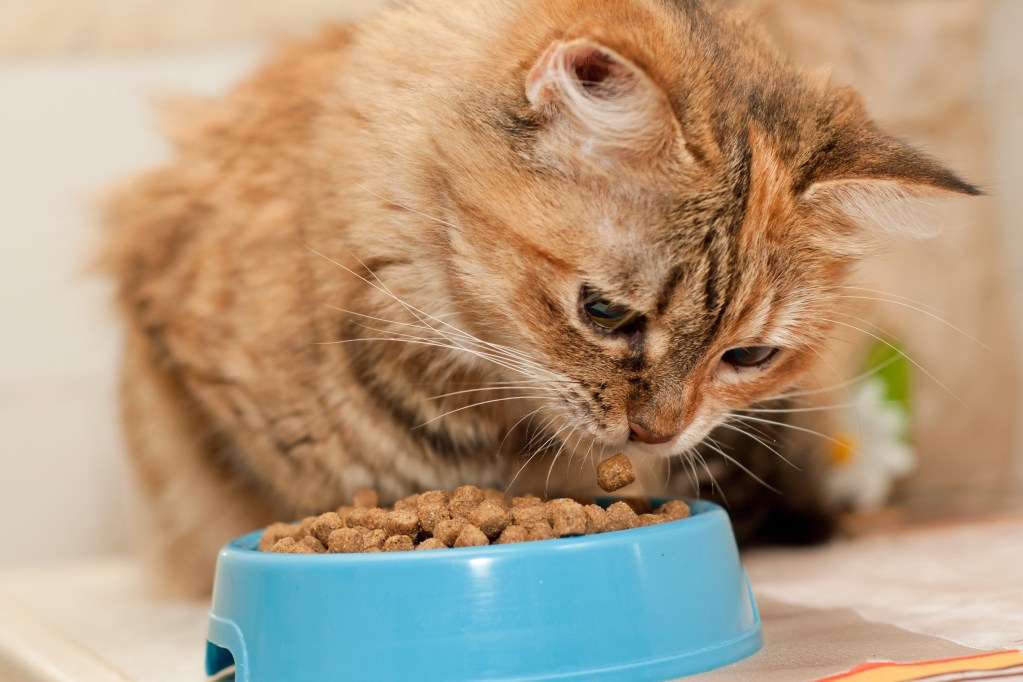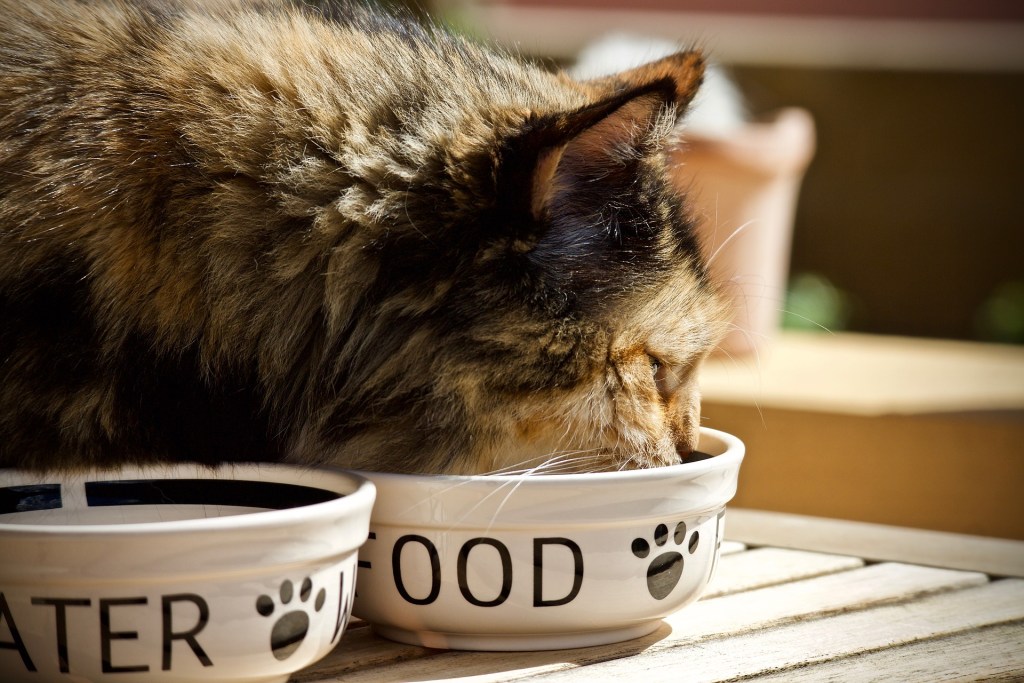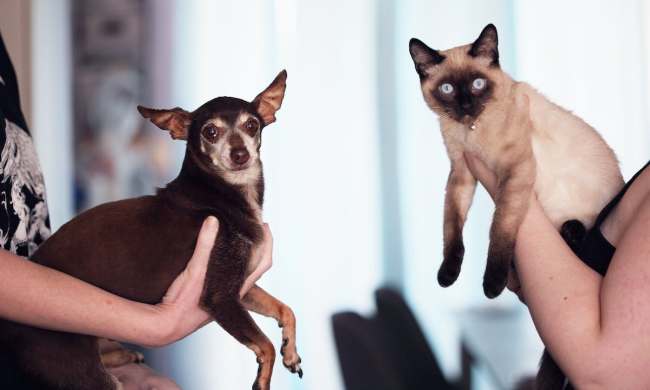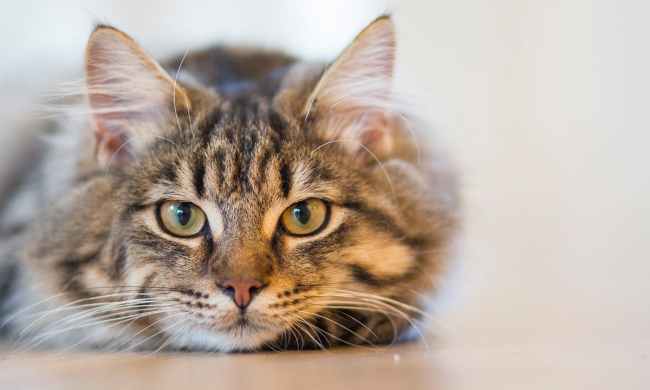When your cat is pregnant, she will require extra care to ensure her health and the well-being of her kittens. A key aspect of caring for a pregnant cat is understanding her dietary needs. As her pregnancy progresses, her nutritional requirements will change. Not only will she eat more, but she will also need higher-quality cat food. If you are considering breeding your cat or have recently discovered that she is expecting, it is essential to create an ideal diet for her to help both her and her kittens thrive.
Why a pregnant cat’s diet matters

During her pregnancy, your cat needs extra protein and calories, which help support the development of the kittens, and also give her the energy she’ll need to give birth and then care for her young. Cats who don’t receive the proper nutrition during their pregnancies could have fewer kittens, give birth to underweight kittens, or even give birth to kittens who experience health issues, so take your pregnant cat’s diet seriously. If you ever feel stuck, don’t hesitate to ask your cat’s veterinarian for their suggestions!
The ideal pregnant cat diet

In most cases, a pregnant cat will get the nutrition she needs from high-quality kitten food, according to VCA Hospitals. Kitten food is higher in protein and calories than your typical food, meaning your cat can eat less of it while still meeting her nutritional needs. Kitten food is available in wet and dry forms, but dry food is more nutritionally dense than wet food. It’s best to feed a combination of the two, which can help to keep your cat hydrated while still making certain she gets the nutrition she requires.
While kitten food often works well for pregnant cats, keep in mind that your cat may need a special diet depending on other health conditions. Always discuss dietary changes with your veterinarian to make sure that you’re supporting your cat’s health with your food choices.
How much to feed a pregnant cat

Your cat will gradually start to eat more and more during her pregnancy to meet her growing caloric needs. By the end of her pregnancy, she’ll be eating about 1.5 times the amount of food that she usually eats.
Many pregnant cats will successfully self-manage their intake as long as you supply them with plenty of food. Keeping dry food available to your cat continuously can encourage her to graze, and most likely, she will instinctively eat as much as she needs. You can supplement that dry food with wet food during mealtimes.
While many cats will self-regulate their food intake while pregnant, it is possible for cats to gain too much weight or even lose weight while pregnant. For that reason, it is important to weigh your cat at least weekly during her pregnancy. You can talk to your veterinarian about ideal weight gain during feline pregnancy, and so be better prepared to notice any concerning discrepancies.
Tips for changing your cat’s food

When your cat is pregnant, you’ll need to gradually transition her to her special diet. It’s important to make that transition slowly since sudden food changes can cause digestive upset. Start by introducing just a little bit of the new food into your cat’s current food. Then, over a period of 1 to 2 weeks, gradually add in a little more new food each day, while also decreasing the amount of your cat’s old food. Soon, your cat will be eating all new food.
Once your cat starts eating kitten food, she can continue to do so throughout her pregnancy and while raising her kittens. This food provides the essential nutrition she needs while nursing. Additionally, as she eats, her kittens will gradually learn to enjoy this food by watching her. It’s a win-win!
Mom and newborn kitten diet

Once the kittens are born, you can keep the new mama on her same kitten formula. If she’s more hungry than usual while nursing her kittens, you don’t have to hesitate to offer her more food. She will need more calories to support her milk production.
The kittens rely on her for their nutrition for at least the first six weeks of life, but they are often ready to begin the weaning transition at around a month old. At this time, you should begin offering wet kitten food (or dry kitten food soaked in water) while separating the kittens from Mom to encourage independence and weaning.
Consult your vet

Providing your cat with the nutrition she needs during her pregnancy is one of the best ways that you can care for her and the kittens. If you have questions about your cat’s pregnancy, her dietary needs, or her overall health, always talk with your veterinarian right away. They will become a close partner during this exciting time and will be the best person to give you specific recommendations about your cat’s unique pregnancy and health needs. With your vet’s guidance, you should be able to support your cat through her pregnancy and get to watch her kittens grow up strong and healthy as a result.



